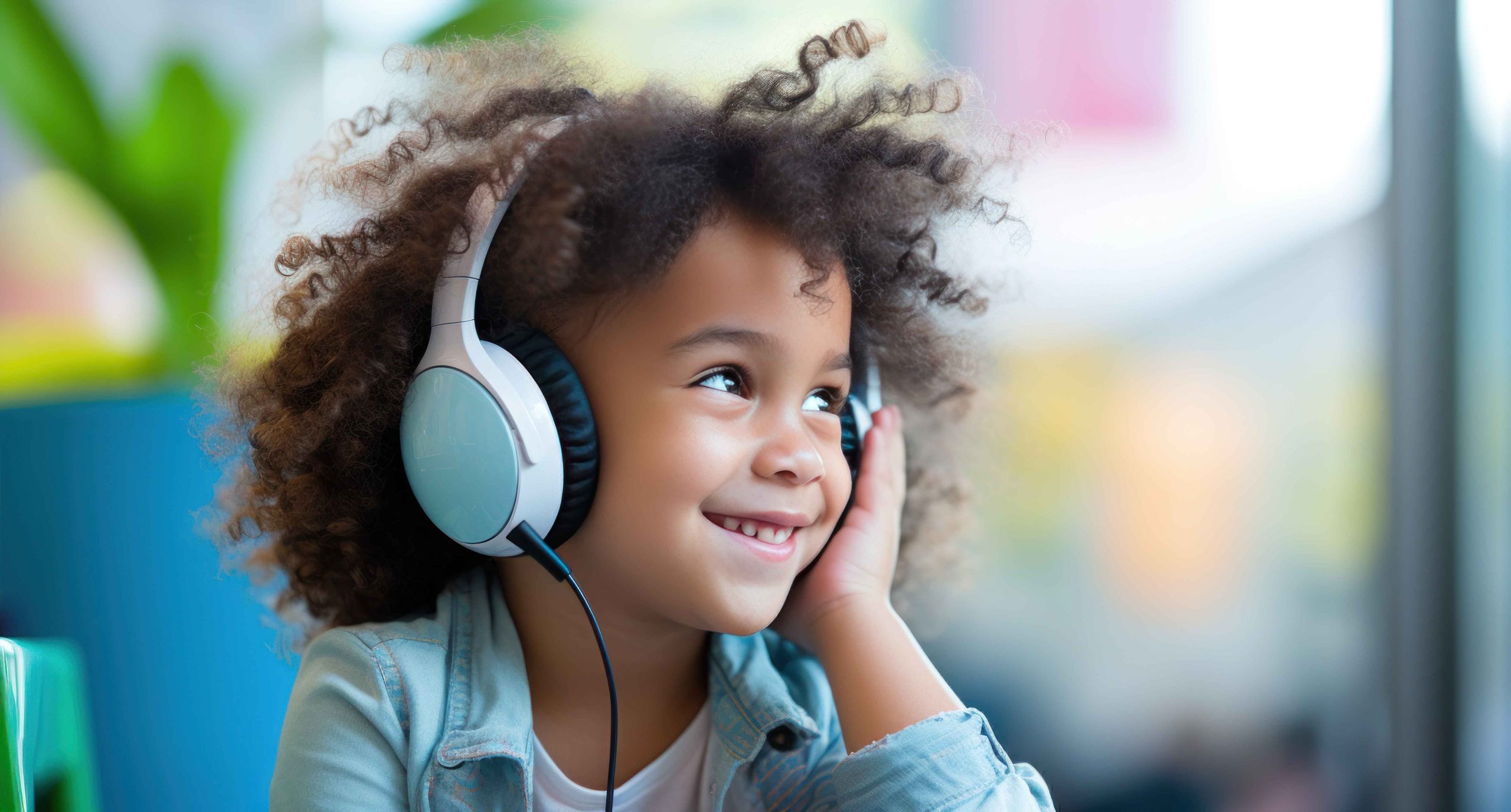
The Power of Music for Preschoolers: Why Music Education Matters
Music has been an integral part of human life for centuries, captivating emotions, altering moods, and shaping behaviors. For preschoolers, the impact of music on their development is profound. This article delves into the significance of music education for preschoolers and its pivotal role in fostering cognitive, social, and emotional growth.
The Cognitive Benefits of Music Education for Preschoolers
Music education significantly contributes to preschoolers’ cognitive development. Understanding rhythm, melody, harmony, and form not only engages their auditory senses but also enhances cognitive abilities by processing complex information.
Research has consistently shown that music lessons enhance cognitive flexibility, working memory, and attention control in preschoolers. For instance, a study in the Journal of Educational Psychology reported higher cognitive scores among preschoolers who received music lessons compared to those who didn’t.
The Social Benefits of Music Education for Preschoolers
Engaging in music education fosters crucial social skills among preschoolers. Whether singing in a group or playing instruments together, music encourages cooperation, communication, and empathy.
Studies reveal that music lessons improve social skills and empathy in preschoolers. Participation in choirs or ensembles also correlates with higher empathy scores, as noted in a study published in the Journal of Research in Music Education.
The Emotional Benefits of Music Education for Preschoolers
Expressing emotions through music aids preschoolers in understanding and regulating their feelings. Additionally, music cultivates a sense of identity, belonging, self-esteem, and confidence.
Integrating Music into Preschool Education
Implementing music into preschool activities can be enjoyable and beneficial:
- Singing: Introduce nursery rhymes and songs to enhance language and memory.
- Playing instruments: Utilize homemade instruments to develop rhythm and coordination.
- Movement: Engage in dancing and marching activities for motor skill development.
- Listening: Explore various music genres to develop musical ear and appreciation.
The Role of Music Teachers in Preschool Education
Music teachers play a pivotal role in creating a nurturing environment that encourages creativity, self-expression, and musical growth:
- Fun and Safe Environment: Use age-appropriate materials and establish clear instructions.
- Different Learning Styles: Incorporate varied teaching methods to accommodate diverse learning styles.
- Encourage Creativity: Foster creativity through improvisation, composition, and exploration.
- Foster a Love of Music: Expose preschoolers to diverse music styles and create a positive learning environment.
Incorporating Music into Daily Routines
Parents and educators can seamlessly integrate music into preschoolers’ daily routines:
- Singing: Sing during daily activities to enhance language skills and emotional development.
- Dancing: Encourage dancing to improve motor skills and coordination.
- Playing Instruments: Provide simple instruments for fine motor skill development and creativity.
- Listening to Music: Use music to enhance listening skills and cognitive development.
- Music and Movement: Engage in musical games and rhymes for coordination and memory development.
Benefits of Music Education for Preschoolers
Music education offers a multitude of benefits:
- Enhances Brain Development: Improves memory, attention, and problem-solving skills.
- Improves Language Skills: Enhances vocabulary, phonological awareness, and comprehension.
- Boosts Social and Emotional Development: Fosters cooperation, communication, empathy, and emotional regulation.
- Develops Fine and Gross Motor Skills: Enhances coordination, balance, and hand-eye coordination.
- Enhances Creativity and Self-Expression: Cultivates imagination, self-expression, and creativity.
- Improves Academic Performance: Enhances performance in math, reading, and science.
Choosing a Music Program for Preschoolers
When selecting a music program for preschoolers, consider factors like age-appropriateness, qualified instructors, variety of activities, parent involvement, clear learning outcomes, and accessibility.
Tips for Incorporating Music into Preschoolers’ Daily Routines
Incorporating music into daily routines enriches preschoolers’ lives:
- Singing: Integrate singing into daily activities for language and emotional development.
- Dancing: Promote dancing to enhance motor skills and coordination.
- Playing Instruments: Encourage instrument play for fine motor skill development and creativity.
- Listening to Music: Utilize music for listening skills and cognitive enhancement.
- Music and Movement: Engage in musical activities for coordination and memory development.
In conclusion, music education plays a pivotal role in preschoolers’ holistic development. By integrating music into their lives, we nurture essential skills and foster a lifelong love for music, creating confident and well-rounded individuals.


